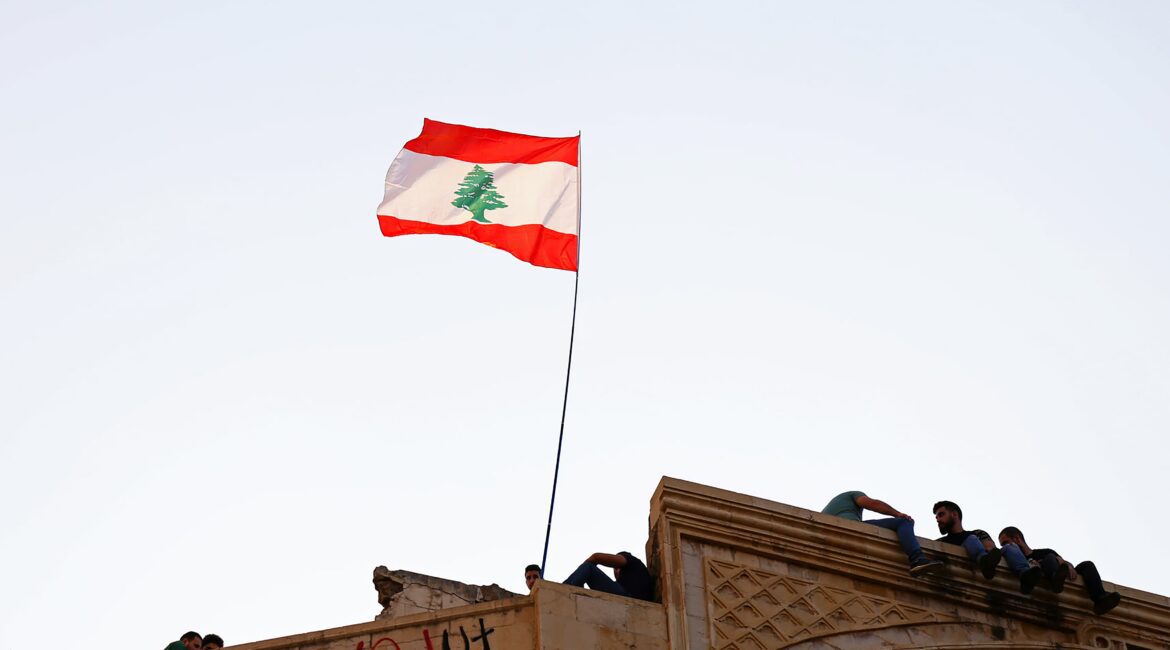The tensions on the Lebanese-Israeli border are mounting. After the Israeli armed forces responded to the rocket fire from Lebanon on August 4th, with artillery fire and air strikes, the Lebanese Shiite militia Hezbollah, supported by Iran, fired more rockets on Israel in the coming days. It was retaliation for the recent air strikes.
Israel responded again with artillery fire. Israeli Prime Minister Naftali Bennett announced that he would consult with leading swearing-in officials and the military. The Israeli air strikes on the next night already meant an escalation.
According to Israeli data, these were the first air strikes launched since 2014. Radical Palestinian groups had been linked to the rocket attack from August 4th. It is said, however, that this was done with the approval of Hezbollah , who controls the border area.
Every incident at the border carries the risk of escalating into a war, which, in the opinion of the military and diplomats, neither side actually wants. The political framework is currently delicate. Lebanon is in an unprecedented economic crisis that has destabilized the country and also increased internal pressure on Hezbollah. Their missile attack also created tension with local residents outside of their Shiite supporters.
In the attack, there were involved two vehicles, including a mobile rocket launcher. Villagers belonging to the Druze population declared angrily that Hezbollah was firing rockets “between the houses so that Israel could strike back against us.” The Shiite militia themselves, however, later issued a statement saying the rockets were fired in remote areas.
According to the UN peacekeeping force, Unifil, the incident took place on August 6th, in the area of the controversial Shebaa farms. The UN troops spoke of a "very dangerous situation". It is their job to prevent "the situation from getting out of hand". Unifil commander General Stefano Del Col said his force was coordinating with the Lebanese army to strengthen security measures in the region and called on the parties to the conflict to stop the fire immediately. Unifil is in a difficult position. The organization is confronted with Israeli criticism that it is unable to take effective action against the activities of Hezbollah in the border area.
However, tensions on the border have been a source of concern for years. Israel and Hezbollah are playing a dangerous game of deterrence. Israeli fighter-bombers remind the Lebanese again and again of the military superiority of Israel when they fly low. Israeli drones regularly circle over the border area or over the southern suburbs of Beirut, which, like the south of Lebanon, are ruled by Hezbollah. Hezbollah, for its part, sends drones across the border, repeatedly expresses extermination fantasies and never tires of pointing out the destructive power of its own rocket arsenal.
The security situation in Lebanon

